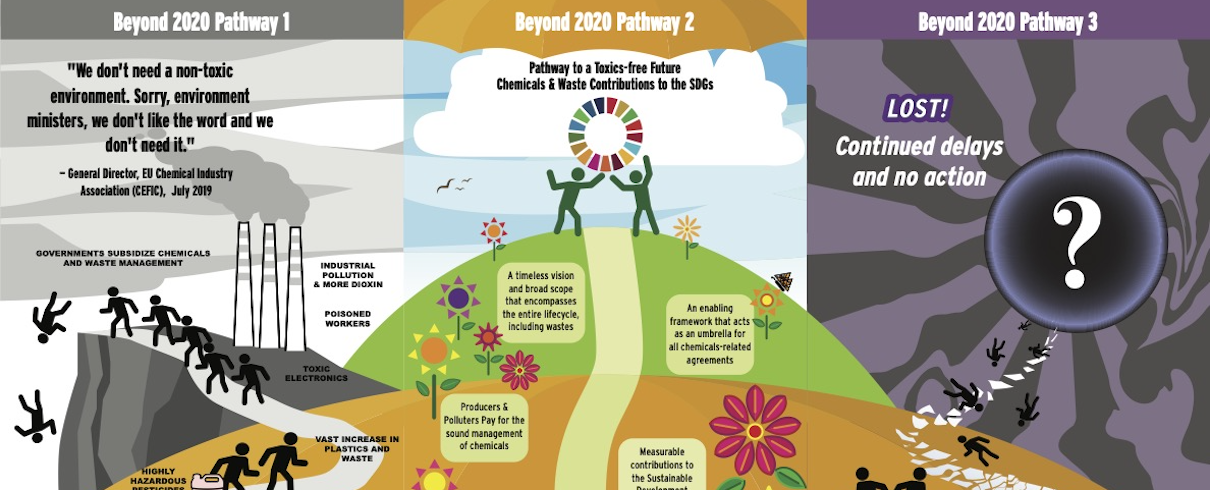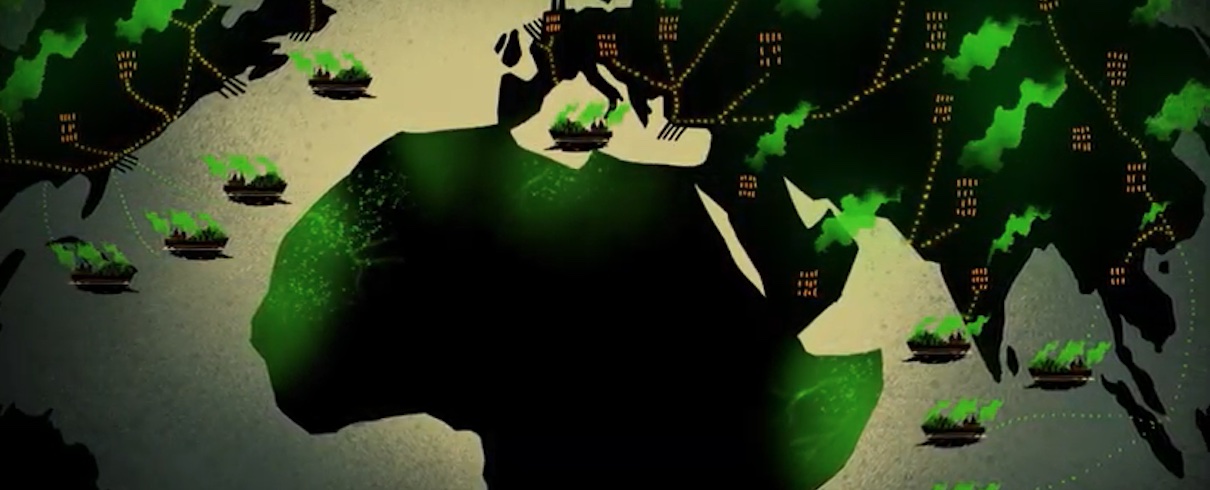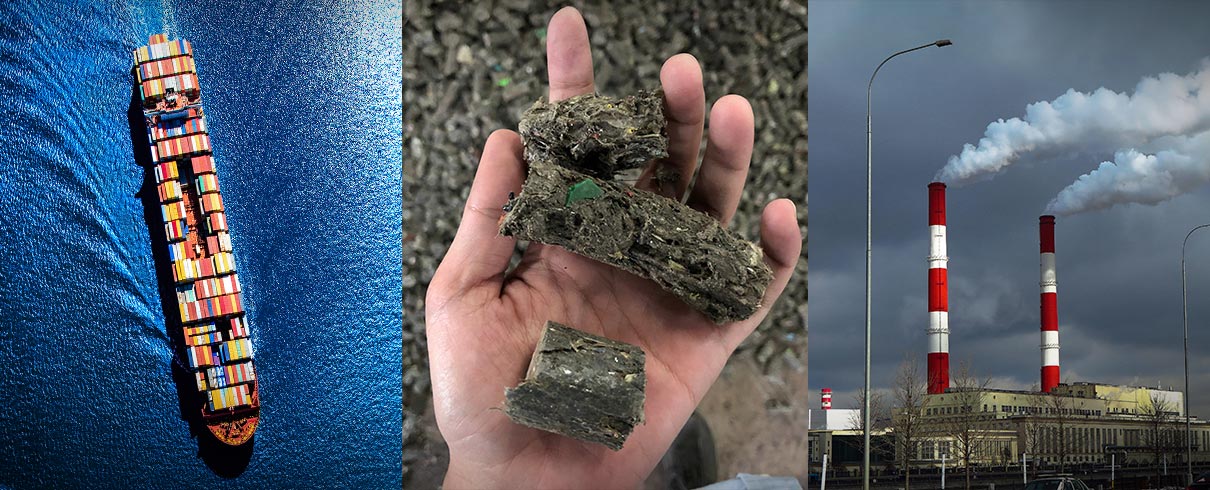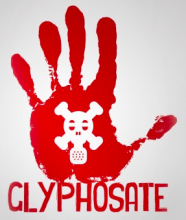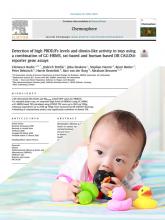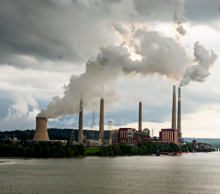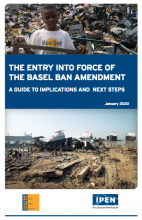The Basel Ban Amendment forbids the export of hazardous waste for recycling or disposal from Annex VII countries (OECD Member States, EU Member States or Liechtenstein) to non-Annex VII countries (primarily developing and transition countries). The Ban Amendment benefits all countries. By prohibiting hazardous waste exports from developed countries, the Basel Ban Amendment helps protect developing and transition countries. For developed countries, the Basel Ban Amendment provides incentives for both waste prevention and green design. Currently, there is a large gap between the number of Basel Convention Parties (187) and number of Ban Amendment ratifications.
To address this issue and raise awareness about the importance of ratification, Basel Action Network and IPEN developed a Guide to the Ban Amendment entitled, “The Entry Into Force of the Basel Ban Amendment: A guide to implications and next steps” (available in English, español, français, hrvatski jezik and Русский).
IPEN Participating Organizations in Australia, Canada, Democratic Republic of Congo, Croatia, Republic of Korea, Mexico, Philippines, Russia, and Senegal also conducted activities to encourage governments to ratify the Ban Amendment. These activities and the Guide are part of IPEN's Toxics-Free Sustainable Development Goals (SDGs) Campaign, and relate to SDGs 3, 6, 8, 11, 12 and 13. Details about the activities can be found here.
